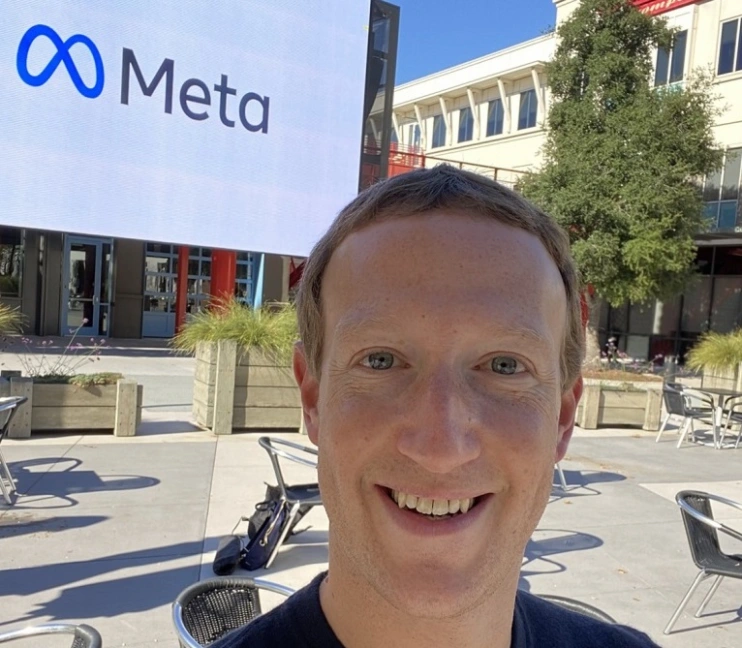OpenAI an American artificial intelligence research laboratory has released GPT-4, a powerful new image- and text-understanding AI model after months of anticipation.
The new model can respond to images – providing recipe suggestions from photos of ingredients, for example, as well as writing captions and descriptions. It can also process up to 25,000 words, about eight times as many as ChatGPT.

Millions of people have used ChatGPT since it launched in November 2022.
ChatGPT answers questions using natural human-like language, and it can also mimic other writing styles such as songwriters and authors, using the internet as it was in 2021 as its knowledge database.
Popular requests for it include writing songs, poems, marketing copy, computer code, and helping with homework – although teachers say students shouldn’t use it.
This upgraded viral AI-powered chatbot has been hiding in plain sight, as it turns out. Microsoft confirmed today that Bing Chat, its chatbot tech co-developed with OpenAI, is running on GPT-4. Other early adopters include Stripe, which is using GPT-4 to scan business websites and deliver a summary to customer support staff, and Duolingo, which built GPT-4 into a new language learning subscription tier.
GPT-4 has “more advanced reasoning skills” than ChatGPT, OpenAI said. The model can, for example, find available meeting times for three schedules.
OpenAI also announced new partnerships with language learning app Duolingo and Be My Eyes, an application for the visually impaired, to create AI Chatbots which can assist their users using natural language.
There are concerns that it could one day take over many jobs currently done by humans. OpenAI said it had spent six months on safety features for GPT-4, and had trained it on human feedback. However, it warned that it may still be prone to sharing disinformation. In one example cited by OpenAI, GPT-4 described Elvis Presley the “son of an actor” — an obvious misstep.
It’s already powering Microsoft’s Bing search engine platform. The tech giant has invested $10b into OpenAI.



